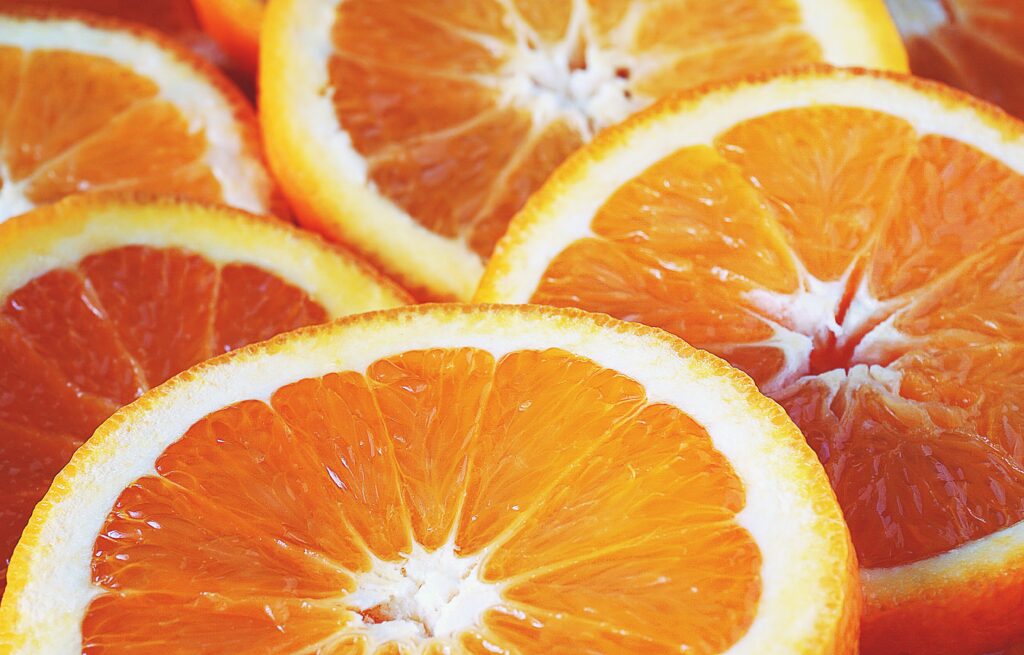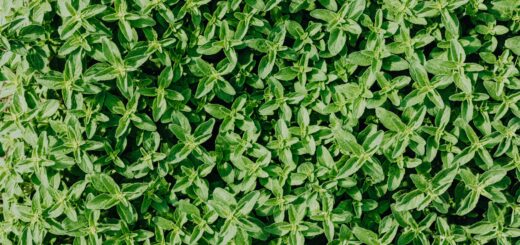Supplements for Groin Strain
Groin strain is a common injury in athletes. The groin is the area where the thigh meets the pelvis and is used extensively in many sports, such as football, hockey, and soccer. A groin strain occurs when the muscles or tendons in this area are stretched or torn. Most groin strains occur when the athlete makes a sudden movement, such as planting the foot and changing direction quickly. This can cause a tear in the muscle or tendon. Groin strains can also occur from overuse, such as playing a sport too often or without proper rest and recovery.
Symptoms of a groin strain include pain in the groin area, swelling, bruising, and muscle spasms. The pain may be mild at first, but it can become severe. The athlete may also have difficulty moving the leg or may feel a popping sensation when the injury occurs. If you suspect you have a groin strain, it is important to see a doctor or other medical professional right away.
Groin strains can vary in severity. Once the diagnosis is made, the doctor will likely recommend a period of rest, ice, and compression. They may also prescribe pain medication and physical therapy. After the initial period of treatment, there are a few things you can do to help speed up the healing process and reduce the risk of re-injury. First, make sure you follow the doctor’s instructions and don’t return to activity too soon. It’s important to give the injury time to heal properly. Second, focus on strengthening the muscles around the groin. This will help support the area and make it less likely to be injured again in the future. Third, improve your flexibility. This will help you move better and put less strain on your groin. Finally, consider taking supplements that can help reduce inflammation and speed up healing.
Some of the most effective supplements include:
Vitamin C:
Vitamin C is a powerful antioxidant that helps to reduce inflammation and promote healing. It can be taken in supplement form or found in foods such as oranges, strawberries, bell peppers, and broccoli.

Vitamin E:
Vitamin E is another antioxidant that can help to reduce inflammation and promote healing. It can be taken in supplement form or found in foods such as nuts, seeds, and avocados.
Omega-3 fatty acids:
Omega-3 fatty acids are anti-inflammatory and can help to reduce pain and swelling. They can be taken in supplement form or found in fish, such as salmon, mackerel, and sardines.
Curcumin:
Curcumin is a compound found in the spice turmeric. It has powerful anti-inflammatory and antioxidant properties that can help to reduce pain and promote healing.
Ginger:
Ginger is a spice that has been shown to be effective in reducing inflammation and pain. It can be taken in supplement form or added to foods such as stir-fries, soups, and smoothies.
While supplements and vitamins can be helpful, it is important to remember that they should not be used as a replacement for medical treatment. If you are experience pain or other symptoms of groin strain, it is important to see a doctor to get a proper diagnosis and treatment plan.



Recent Comments